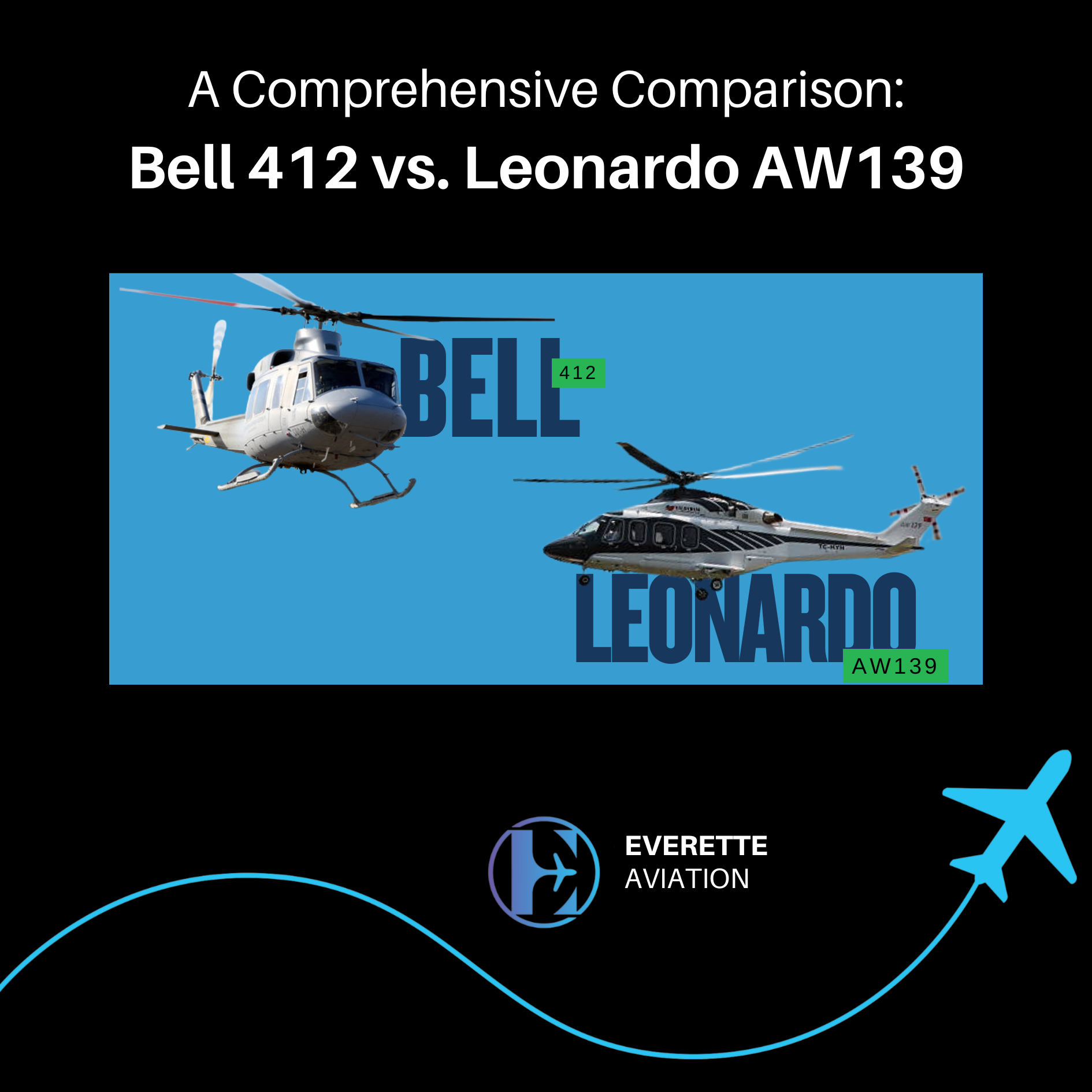The age of an aircraft is a crucial factor in determining its market value. Several considerations come into play when assessing how the age of an aircraft impacts its value.

Like many assets, aircraft typically depreciate over time. This means that as an aircraft ages, its value tends to decrease. The rate of depreciation can vary depending on factors such as the type of aircraft, its condition, and market demand.
Advances in aviation technology can quickly make older aircraft obsolete. Newer models often come with improved fuel efficiency, enhanced safety features, and updated avionics. As technology evolves, older aircraft may become less desirable in the market, affecting their value.
Older aircraft may require more frequent and costly maintenance to ensure they meet safety and regulatory standards. As an aircraft ages, its components may wear out, and systems may become outdated, leading to higher maintenance costs. Prospective buyers often take these ongoing expenses into account when assessing the value of an older aircraft.
Aviation regulations and safety standards are subject to change over time. Older aircraft may need modifications or upgrades to comply with the latest regulatory requirements. Bringing an older aircraft up to current standards can be expensive, impacting its overall value.
The demand for certain types of aircraft can also influence their value. If there is a strong market demand for a particular model, even older aircraft of that type may retain more value. Conversely, if newer, more efficient models are available, the demand for older aircraft may decrease.
In some cases, the age of an aircraft can be a positive factor. Vintage or classic aircraft may hold historical significance, and collectors or enthusiasts may place a premium on such aircraft, potentially increasing their value.
The number of flight hours and landings an aircraft has experienced, as well as its overall usage history, can affect its value. A well-maintained aircraft with a documented and moderate usage history may retain more value than one with extensive wear and tear.
Overall market conditions, including economic factors, geopolitical events, and trends in the aviation industry, can influence the perceived value of aircraft.
It’s important to note that the value of an aircraft is a complex and multifaceted consideration. Professional aircraft appraisers take into account various factors, and market conditions can change over time. When assessing the value of an aircraft, it’s advisable to consult with experts in the field or use reputable aircraft appraisal services.








